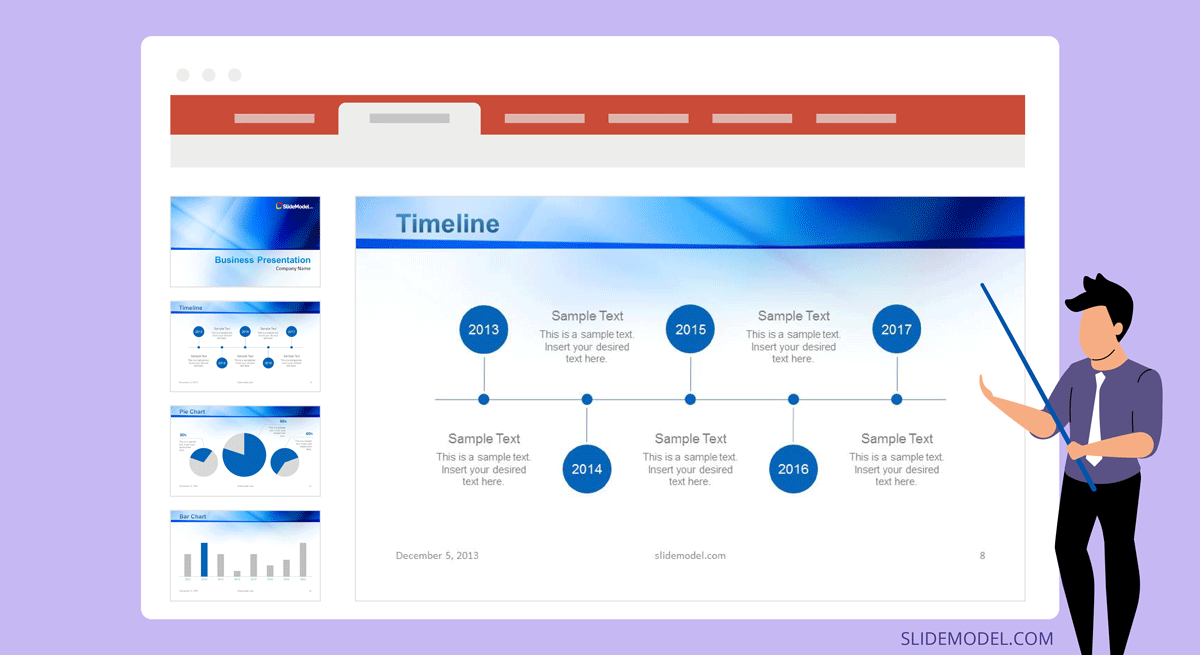Management Offshore: Key Considerations Before Making the Move
Management Offshore: Key Considerations Before Making the Move
Blog Article
Transform Your Business: Trick Insights Into Management Offshore Solutions
The fostering of offshore monitoring remedies offers a compelling avenue for companies looking for to boost operational performance and reduce costs. By strategically contracting out particular features, organizations can use worldwide skill swimming pools while at the same time attending to the obstacles of conformity and high quality assurance. Nonetheless, the course to effective implementation is stuffed with intricacies that call for mindful navigating. Understanding how to line up overseas techniques with more comprehensive business goals-- and what emerging patterns might influence this landscape-- can eventually figure out the efficiency of such campaigns. What key insights can drive this improvement ahead?

Comprehending Offshore Monitoring Solutions
Offshore management remedies encompass a tactical approach to handling organization procedures and resources in international places, usually driven by the pursuit of expense effectiveness and access to specialized proficiency. This approach includes the delegation of certain organization functions to third-party providers or subsidiaries located in international markets, enabling companies to leverage differing labor costs, regulative atmospheres, and technological improvements.
The implementation of overseas administration solutions requires careful planning and implementation. Companies have to conduct comprehensive evaluations of prospective areas, evaluating factors such as political stability, financial conditions, and the availability of competent labor. In addition, developing effective communication channels and administration oversight is important to ensuring that offshore operations align with the company's overall goals.
Additionally, companies ought to be aware of the regulative and compliance difficulties related to overseas procedures. management offshore. Browsing different legal structures can be complicated, demanding a comprehensive understanding of both worldwide and local legislations. By purposefully employing offshore management remedies, companies can enhance their operational effectiveness while mitigating risks connected with cross-border operations, eventually boosting their affordable placement in the worldwide industry
Advantages of Offshore Approaches
Leveraging overseas methods can produce significant benefits for services aiming to enhance their functional efficiency and competitiveness. Among the main advantages is expense decrease. By outsourcing details features to nations with lower labor costs, firms can substantially lower operational expenses while keeping or also boosting top quality.
Furthermore, offshore techniques enable companies accessibility to a diverse talent swimming pool with specialized abilities that may be limited or pricey in their home country. This accessibility can increase advancement and improve service shipment, as offshore teams usually bring distinct point of views and competence.
Versatility is another vital advantage. Offshore designs enable organizations to scale operations quickly in action to market needs without the extensive processes related to hiring and educating brand-new staff locally. This adaptability aids organizations stay agile in a hectic service atmosphere.
Additionally, leveraging overseas strategies can facilitate 24/7 operations, thanks to time area distinctions (management offshore). This advantage boosts client service and boosts overall efficiency, as tasks can be completed all the time
Trick Obstacles to Consider
While the benefits of overseas methods are engaging, a number of key difficulties require cautious factor to consider. One considerable obstacle is the possibility for communication barriers. Differences in language, time zones, and cultural subtleties can restrain efficient collaboration and bring about misunderstandings, eventually impacting project results.
Additionally, navigating the governing and legal landscape in foreign territories can pose threats. Firms must guarantee compliance with local laws, labor guidelines, and tax obligations, which can differ considerably from their home nation. Failing to stick to these policies can result in severe charges and reputational damages.
Quality assurance is another issue, as business may discover it testing to maintain the same requirements in overseas operations. Irregularity in procedures and oversight can bring about irregular item or solution quality, possibly hurting consumer fulfillment and brand loyalty.

Ultimately, there is the concern of information protection. Securing delicate details across boundaries calls for robust cybersecurity procedures and an understanding of worldwide information privacy laws. Without proper safeguards, organizations risk direct exposure to information breaches and linked obligations.
Resolving these challenges is vital for businesses seeking to utilize offshore administration solutions properly.
Best Practices for Execution
Efficiently executing overseas administration options calls for a strategic technique that addresses the difficulties identified formerly. First, companies must carry out an extensive demands evaluation to determine certain purposes and the extent of check over here the offshore effort. This evaluation needs to include stakeholder engagement to guarantee placement with service objectives.

Moreover, selecting the best offshore partner is important. Organizations should evaluate possible partners based on their knowledge, social compatibility, and functional abilities. A distinct agreement that lays out responsibilities, assumptions, and efficiency metrics will even more secure the partnership.
Onboarding and training are also important components of successful execution. Offering appropriate training for both onshore and overseas teams boosts and cultivates a unified strategy productivity. Lastly, companies must Full Article constantly keep an eye on efficiency and adapt methods as required to enhance end results.
Future Fads in Offshore Management
The future of offshore monitoring is positioned for significant change, driven by innovations in modern technology and developing organization demands. One significant pattern is the raising dependence on man-made intelligence and device understanding to maximize operational efficiencies. These technologies enable companies to evaluate vast amounts of data, automate regular tasks, and boost decision-making processes, eventually leading to improved efficiency.
Additionally, there is an expanding emphasis on remote job capacities, which shows a more comprehensive approval of distributed groups. Business are now leveraging cloud-based solutions to promote smooth partnership throughout various time areas and geographical limits, permitting higher versatility and access to international ability swimming pools.

Verdict
In verdict, changing company procedures with overseas management options presents considerable opportunities for enhanced performance and cost decrease. Embracing future trends, consisting of AI assimilation and sustainability, will better reinforce the success and strength of offshore monitoring campaigns.
The adoption of offshore administration solutions offers an engaging opportunity for organizations looking for to improve functional effectiveness and minimize costs. Additionally, developing reliable interaction networks and management oversight is critical to ensuring that offshore procedures align with the organization's total objectives.
By tactically employing offshore administration solutions, companies can maximize their functional efficiencies while mitigating risks associated with cross-border procedures, ultimately boosting their affordable setting in the international marketplace.
The future of overseas monitoring is positioned for significant change, driven by innovations in innovation and progressing business demands.In conclusion, changing organization operations with offshore management options provides substantial chances for improved efficiency and cost reduction.
Report this page